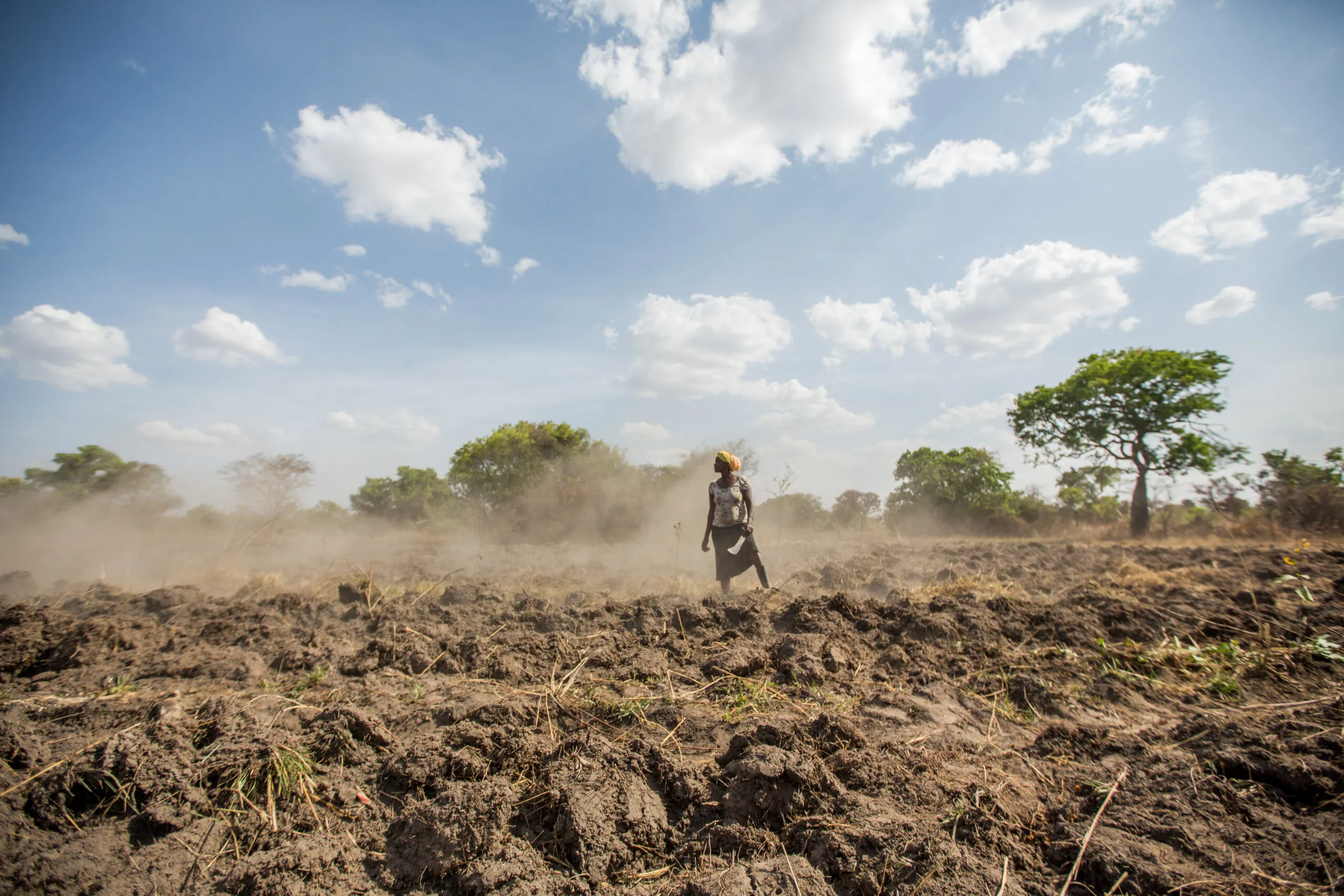August 9, 2021 — The Intergovernmental Panel on Climate Change (IPCC) has released its latest report, WG1, under the Sixth Assessment cycle (AR6).
This report covers the latest peer-reviewed physical science on the changing state of the climate system, human influence on the climate system, and the future global climate. This is the only IPCC report to be published before COP26 in Glasgow.
In response to the report, Chikondi Chabvuta, Southern Africa Advocacy Lead, CARE Malawi said:
“This IPCC report is not only about climatic catastrophes, it is also about human suffering. Every fraction of a degree matters to the people already on the frontlines of the climate emergency. With every fraction of a degree, it becomes harder for vulnerable communities to escape the cycle of poverty and inequality created by climate change. With each additional flood or drought, it becomes harder for women and young people especially to pick themselves back up again.
We have already seen more extreme heat and precipitation, more drought, and more powerful hurricanes, and the IPCC tells us that these conditions will become more and more severe. This means more loss of life and hardship for poor people with few resources to cope with the changes. Global warming isn’t caused by poor people. It’s time for rich nations to take on their responsibility for the critical state of the planet, and they can start by living up to their commitments to help with funding for adaptation in poor countries. At present they spend only around $20 billion a year out of the promised $50 billion. That is a disgrace, and should be dealt with as a matter of priority before COP26.”
John Nordbo, Senior Climate Advisor, CARE Denmark, said:
“This report from the Intergovernmental Panel on Climate Change is a challenging read. However there is one piece of good news; it has not become more difficult to keep global warming below 1.5 degrees. We do still have time to mitigate the worst impacts, but governments must act immediately, collectively and they must act decisively. We need to see finance pledges fulfilled, trust rebuilt, and emissions slashed.
COP26 is a crucial meeting, and all countries must sign up to the 1.5 degree target. It is unequivocal: there is no room for new investments in coal, oil and gas, and emissions must be taxed and halved in the next decade.”
Contact: Juliet Perry, Global Communications Lead on Climate Change, CARE International, perry@carenederland.org, +31615574513

